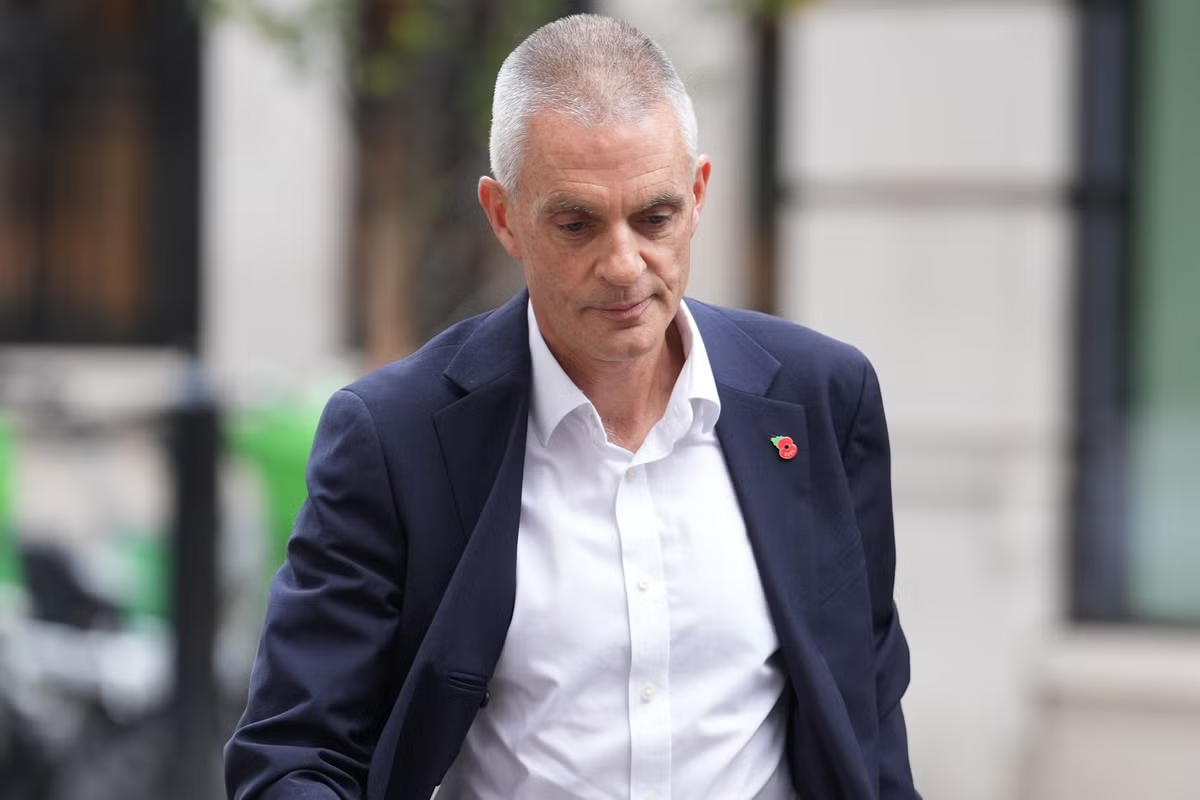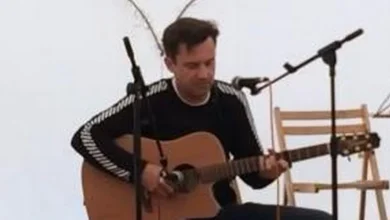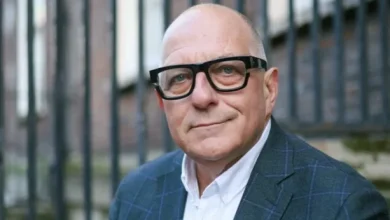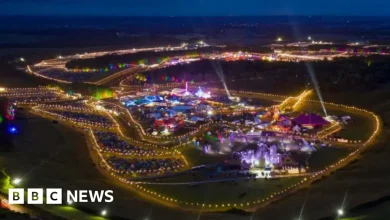Tim Davie had a ‘blind spot’ on BBC editorial failings, author of bombshell memo claims

Sign up for the View from Westminster email for expert analysis straight to your inbox
Get our free View from Westminster email
Get our free View from Westminster email
Tim Davie had a “blind spot” when it comes to editorial failings at the broadcaster, the author of a leaked memo on impartiality at the corporation has said.
Appearing in front of the Commons culture, media and sport committee, Michael Prescott said Mr Davie was a “supreme talent” but failed to get on top of “incipient problems” at the corporation before he resigned in the wake of the bombshell memo becoming public.
But Mr Prescott, a former independent adviser to the BBC’s editorial guidelines and standards board, also insisted the broadcaster is not institutionally biased.
He had penned a report raising concerns that a Panorama episode included selective editing of a speech made by President Donald Trump before the attack on the US Capitol in 2021.
Tim Davie resigned as BBC director-general (PA) (PA Wire)
Mr Davie stepped down as BBC director-general and news chief Deborah Turness resigned in the fallout, while chairman Samir Shah apologised on behalf of the BBC over an “error of judgment” and accepted that the editing of the 2024 documentary gave “the impression of a direct call for violent action”.
Mr Prescott told MPs that Mr Davie “seemed to me to be doing a first rate job across 80 or 90 per cent of the portfolio”, but added: “It was just that he had this blind spot on editorial failings. I think it’s a bit of a tragedy he’s gone.
“I thought he was a supreme talent, but he had this blind spot. “
Asked whether he thinks it was right for Mr Davie to have resigned, Mr Prescott told MPs: “I would have hoped they’d get on top of these problems, start sorting them out in a systemic and more methodical way, and everything would have been fine.”
But he insisted he wrote the memo because he is a “strong supporter of the BBC”, saying was “no party politics” behind his decision.
“The BBC employs talented professionals across all of its factual and non-factual programmes, and most people in this country, certainly myself included, might go as far as to say that they love the BBC,” he said.
“What troubled me was that during my three years on the BBC standards committee, we kept seeing incipient problems which I thought were not being tackled properly. And, indeed, I thought the problems were getting worse.”
He added: “There was no ideology at play here, no party politics. I just want [the BBC] to be impartial, accurate and fair.”
Asked if he thinks the broadcaster is institutionally biased, he said: “No I don’t… I do not think it’s institutionally biased.
“Let’s be very clear. Tons of stuff that that the BBC does is world class, both factual programming and non factual programming.”
It came after Conservative Party leader Kemi Badenoch said Mr Prescott’s report on the Panorama video exposed “institutional bias that cannot be swept away with two resignations”, while Reform UK leader Nigel Farage claimed “the BBC has been institutionally biased for decades”.
Mr Prescott’s memo highlighted concerns about the way clips of Mr Trump’s speech on January 6 2021 were spliced together to make it appear he had told supporters he was going to walk to the US Capitol with them to “fight like hell”.
After the report was made public, the US president threatened the BBC with a billion-dollar litigation, while US regulator the Federal Communications Commission (FCC) launched an investigation.
While Sir Keir Starmer is under growing pressure to intervene on the row, it emerged on Monday that he ducked raising the legal challenge when he spoke to the US president on over the weekend.
The 30-minute call between Mr Trump and the prime minister focused on Ukraine, according to the readout, with sources admitting he did not discuss the BBC.





